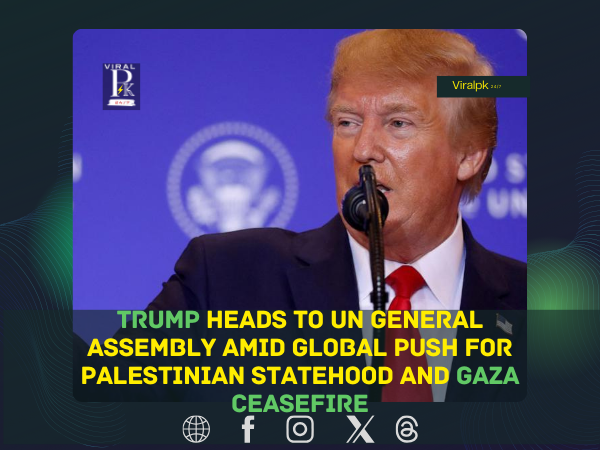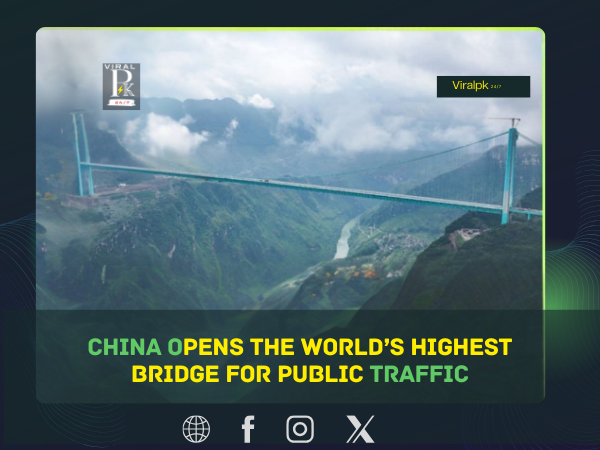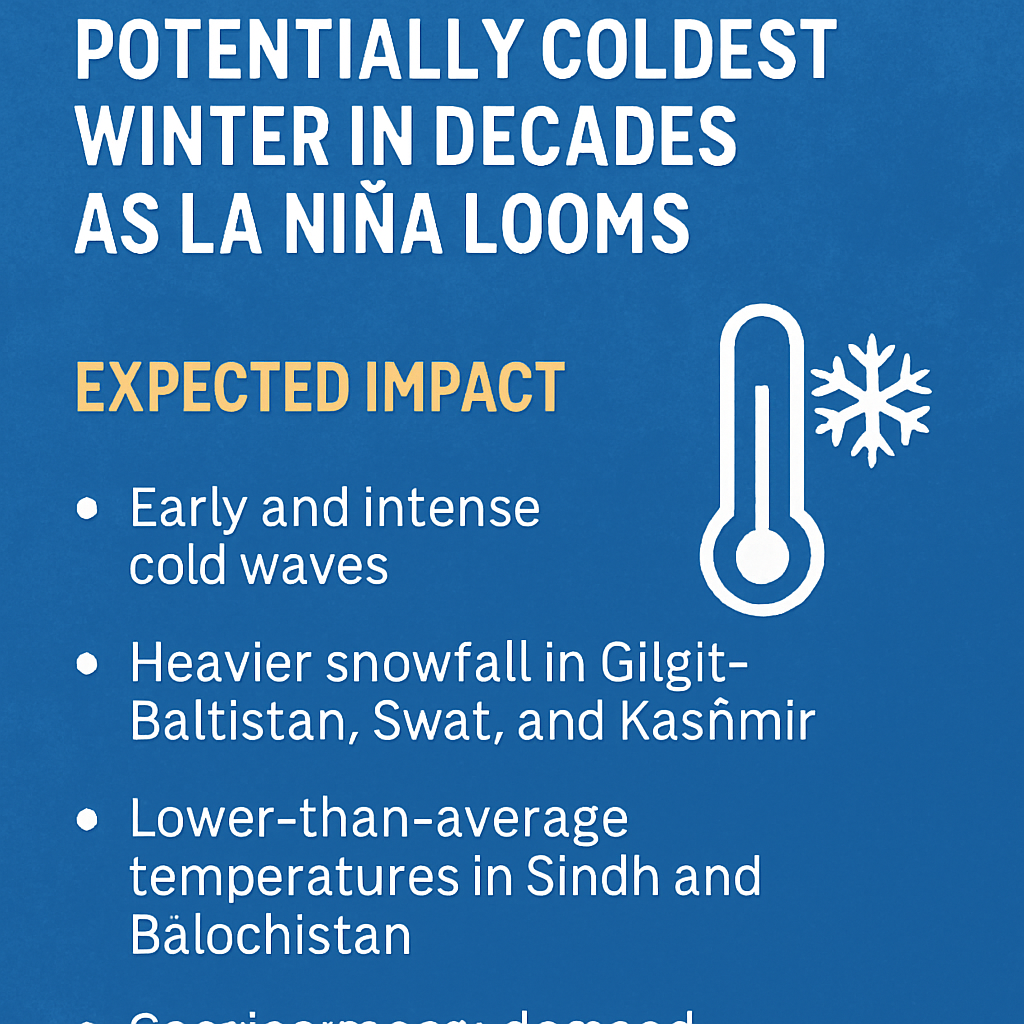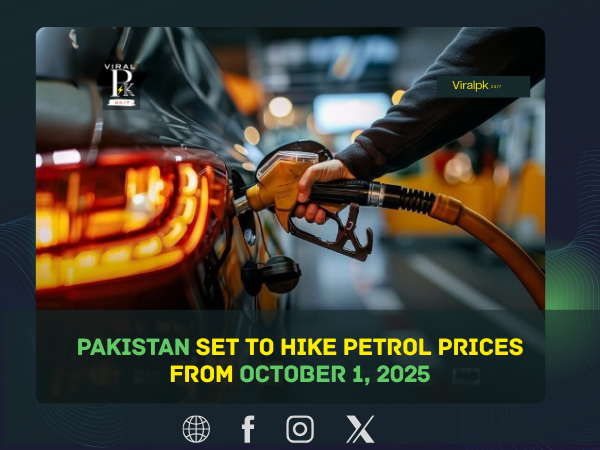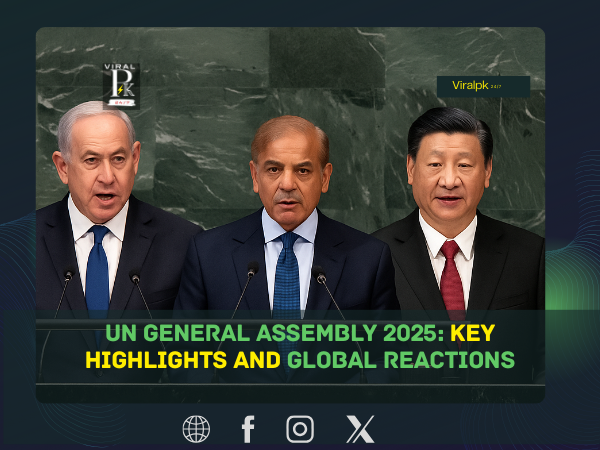New York
The 80th session of the United Nations General Assembly (UNGA) convenes Tuesday under unprecedented tension, with the war in Gaza and the future of a Palestinian state dominating the global agenda. U.S. President Donald Trump is set to deliver his first UNGA address of his second term, even as many world leaders distance themselves from Washington’s stance on Gaza and Palestinian recognition.
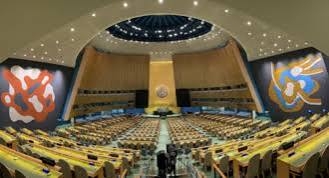
Key Developments Ahead of Trump’s Address
- Massive Security: More than 150 heads of state are gathering in New York, with strict security measures including motorcades, drones, and heavy police presence.
- Foreign Aid Cuts: Trump has drawn criticism for slashing U.S. foreign aid and cutting support for key UN agencies amid growing humanitarian crises.
- Diplomatic Isolation: The U.S. and Israel are increasingly isolated, with many allies supporting a two-state solution despite U.S. opposition.
Global Recognition of Palestinian Statehood
- On Monday, France and Saudi Arabia will host an international peace conference in New York to promote a two-state solution.
- France announced that 10 countries—including Australia, Belgium, Canada, Luxembourg, Malta, Portugal, Britain, San Marino, Andorra, and France itself—will formally recognize Palestinian statehood, joining over 140 nations that already have.
- The U.S. voted against the UNGA resolution endorsing the conference and has denied visas to members of the Palestinian delegation, including President Mahmoud Abbas.
Despite U.S. opposition, the UN General Assembly voted 145-5 to allow Abbas to address the gathering virtually after being denied a U.S. visa.
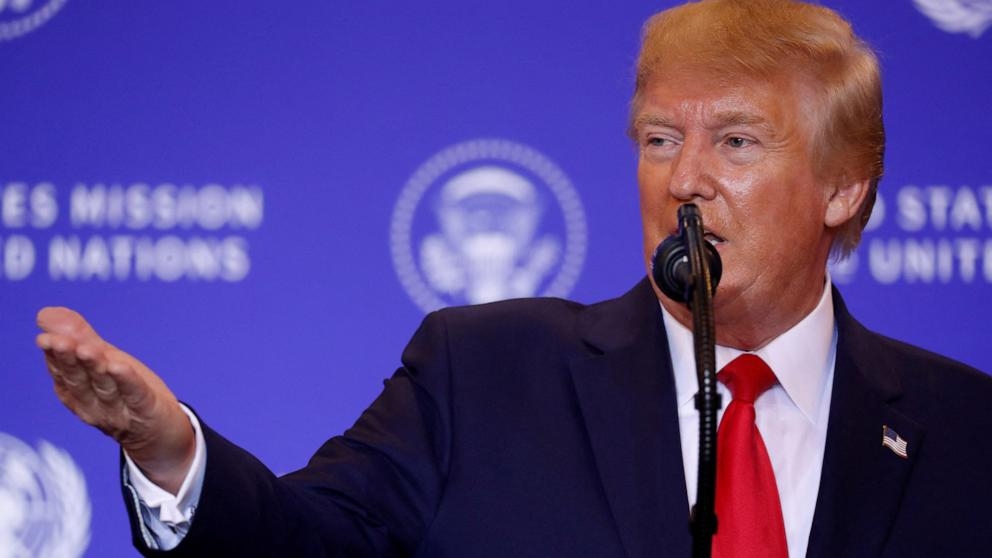
Israel’s Firm Rejection
Israeli Prime Minister Benjamin Netanyahu condemned the recognition of a Palestinian state, warning:
“A Palestinian state will not be established west of the Jordan River. You are giving a huge reward to terrorism.”
Israel has threatened to annex parts of the occupied West Bank in retaliation.
U.S. Position and Regional Tensions
U.S. officials, including Secretary of State Marco Rubio, argue that unilateral recognition of Palestine “emboldens Hamas” and undermines peace efforts. Trump is scheduled to meet Netanyahu and other leaders this week, including:
- Syrian President Ahmed al-Sharaa to discuss post-war rebuilding.
- Ukrainian President Volodymyr Zelenskyy regarding postwar security guarantees amid the ongoing Russia-Ukraine war.
- Discussions on Iran’s nuclear program, as the “snapback mechanism” threatens to reinstate sanctions lifted a decade ago.
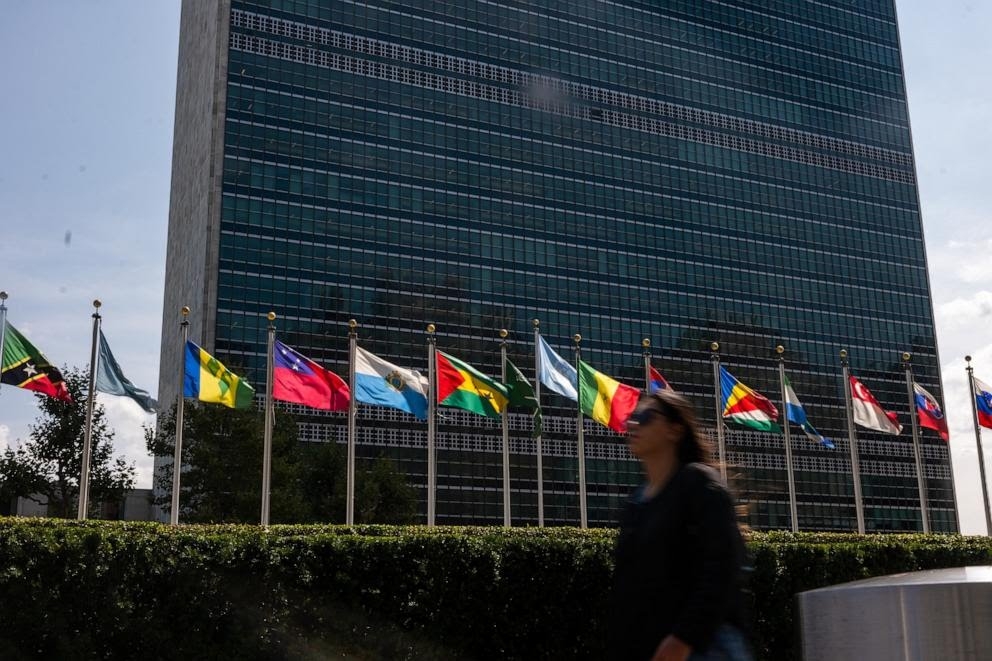
Broader Implications
Experts say recognition of Palestinian statehood is largely symbolic unless backed by concrete measures such as arms embargoes, sanctions, or stronger support for international tribunals investigating alleged war crimes in Gaza.
With U.S. allies like the United Kingdom, Canada, and Australia now formally recognizing Palestine, Trump faces a diplomatic challenge to defend Washington’s position while tensions escalate in Gaza and across the Middle East.
📌 Disclaimer: This article is for informational purposes only and picture generated by AI. Follow VIRAL PK 24/7 for more updates.
SEO Keywords: UN General Assembly 2025, Trump UNGA speech, Palestinian statehood recognition, Gaza war updates, Netanyahu Palestinian response, U.S. foreign aid cuts, Middle East peace conference

